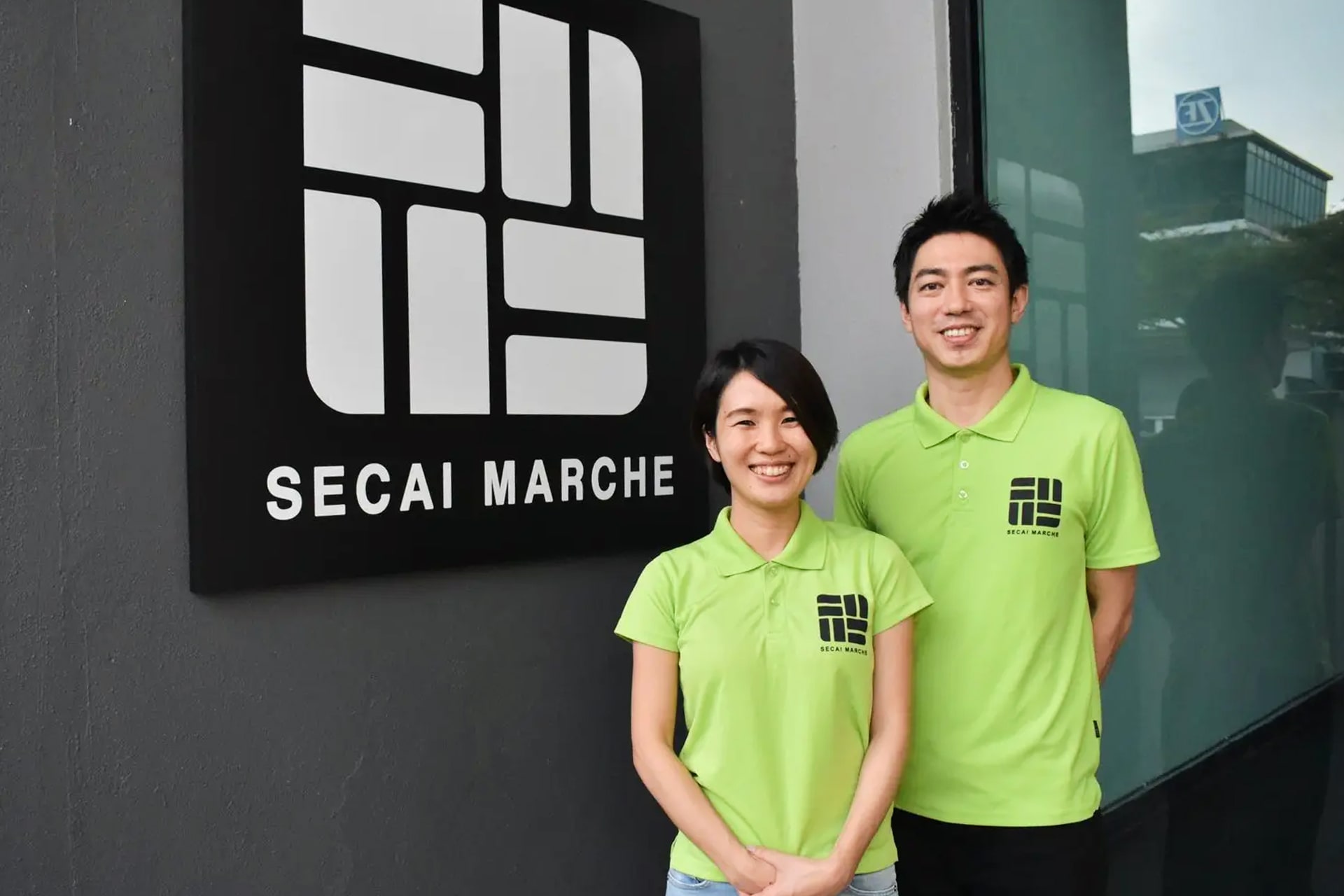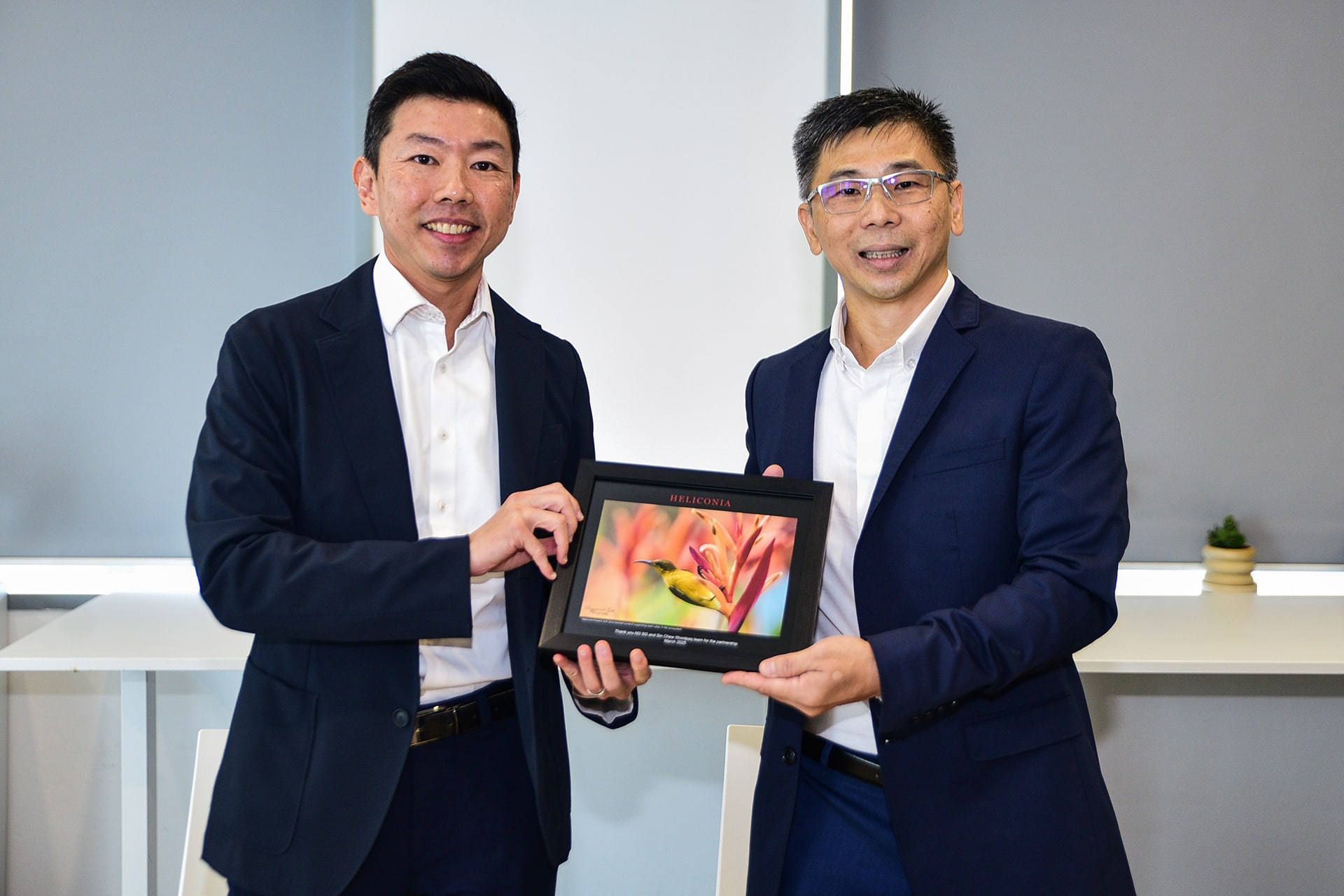Flash Coffee eyes local expansion with new USD 3 million funding
Flash Coffee, a coffee chain based in Indonesia, has raised USD 3 million in an additional round of funding led by TA Ventures, with returning investor White Star Capital also participating. The funds will support the company’s plan to reach over 70 outlets across Indonesia by year-end and expand into two new cities.
The company has emphasized operational discipline, reporting that all stores are now profitable and achieving an average store-level EBITDA of 22%, with newer locations reaching up to 36%. Flash Coffee is also rolling out a refreshed store design using natural materials and Indonesian aesthetics to boost customer loyalty. The brand aims to strengthen community engagement and lifestyle appeal among young, urban consumers.
After previously operating in markets like Singapore, Thailand, and South Korea, the company has since exited those countries and shifted to a franchise model in Thailand.

Thunes lands Series D funding to grow footprint and scale network
Thunes, a Singapore-headquartered cross-border payments platform, has raised USD 150 million in a Series D funding round co-led by Apis Partners and Vitruvian Partners.
The funding will fuel US expansion following recent licensing approvals across all 50 states, pending final regulatory clearance.
The company said it plans to scale its network—reportedly spanning 130 countries, 80 currencies, and more than 550 direct integrations—while investing in artificial intelligence infrastructure, digital asset support, and compliance tools.
The round was advised by Proton Partners.
HistoIndex secures SGD 9 million for US expansion and new tests
HistoIndex, a Singapore-based medtech company specializing in digital pathology, has raised SGD 9 million (USD 6.9 million) in a funding round led by OCBC, marking the bank’s first investment in a medical technology firm. Existing backers Zig Ventures and Seeds Capital also joined the round.
The funding will be used to bolster HistoIndex’s commercial operations and lab partnerships in the US, alongside development of digital pathology tests based on second harmonic generation (SHG) for diagnosing metabolic dysfunction-associated steatohepatitis (MASH).
Craif closes Series C round with USD 22 million for diagnostics push
Craif, a Tokyo-based molecular diagnostics company, has raised USD 22 million in the second close of its Series C funding round, bringing the round’s total to that amount and the firm’s cumulative capital raised to USD 57 million.
Led by X&KSK with participation from Unreasonable Syndicate, Tauns Laboratories, Daiwa House Industry, Aozora Bank Group, and other investors, this funding will support Craif’s testing and R&D in Japan and US expansion via new sites in Irvine and San Diego.
Craif is also aiming to secure regulatory and insurance approval for its cancer diagnostics offerings.
Secai Marche receives USD 4 million grant for logistics expansion in Malaysia
Secai Marche, a Tokyo-based logistics and supply chain company connecting farmers to food and beverage outlets in Southeast Asia, has received a USD 4 million grant, according to e27. The funding was awarded by Japan’s Ministry of Economy, Trade and Industry (METI) under its “Global South Future-oriented Co-creation Project.”
The grant will go toward building cold chain infrastructure in Selangor, Malaysia, and implementing AI-driven tools to improve fulfillment speeds and reduce costs.
Secai Marche reportedly connects 450 producers with 1,700 hotel, restaurant, and catering clients and plans to expand into Malaysia’s midrange market. It also intends to make its logistics solutions available to other suppliers through a software-as-a-service (SaaS) platform.

Cocoon Capital reaches USD 30 million first close for third fund
Cocoon Capital, a Singapore-based venture capital firm, has secured USD 30 million in the first close of its third fund, which is targeting a total raise of USD 50 million. The fund will continue the firm’s focus on early-stage investments in B2B software, industrial tech, robotics, and healthcare across Southeast Asia.
Cocoon Capital said it plans to lead up to five new deals per year and will allocate roughly 55% of the new fund for follow-on investments.
Supported by a mix of returning and new limited partners from Asia, Europe, and North America, the fund is expected to deepen Cocoon Capital’s presence in the region while enabling selective expansion across the Asia Pacific.

Clickmate targets cross-border growth with new seed funding
Clickmate, a South Korea-based live commerce platform, has raised an undisclosed amount in a seed round, according to 36Kr. The identities of the investors were not disclosed.
Catering primarily to women aged 30–40, Clickmate has built traction by supporting a variety of sellers, ranging from individuals and small businesses to midsize brands. While the platform began with a focus on fashion and beauty, it is now expanding into categories such as food, household goods, electronics, and daily necessities.
To broaden its footprint, Clickmate is preparing a suite of support tools for Chinese sellers. These include multilingual interfaces, streamlined onboarding, and integrated logistics—measures designed to establish a two-way cross-border commerce pipeline between China and South Korea.
The newly raised capital will be used to deepen market reach and improve services for sellers, particularly in areas where live stream sales present operational challenges.
Terminal 3 raises USD 8 million to scale Web3 identity and privacy tools
Terminal 3, a Hong Kong-based Web3 infrastructure startup, has raised USD 8 million in a seed round co-led by Illuminate Financial and CMCC Titan Fund, with participation from Animoca Brands, IDG Blockchain, 500 Global, Progression Fund, and Cherubic Ventures.
The company will use the funding to roll out a new data protocol focused on privacy and expand its decentralized identity platform for enterprise clients.
Terminal 3’s technology utilizes zero-knowledge cryptography and blockchain to support sectors like banking, government, and social media. It has also launched a new platform for AI agent authentication.
Manus creator Butterfly Effect raises USD 75 million to scale agentic AI platform
Butterfly Effect, the Chinese startup behind the agentic AI platform Manus, has raised USD 75 million in a funding round led by US-based venture firm Benchmark, according to a report from Bloomberg. The round also includes follow-on investments from Tencent, ZhenFund, and HongShan.
The new capital will support Butterfly Effect’s expansion into the US, Japan, and the Middle East, while furthering the development of Manus. The platform is designed to automate a wide range of tasks, including document screening, travel planning, and stock analysis.
Manus attracted broader attention in March 2025 following comparisons to OpenAI’s “Deep Research,” an agent integrated into ChatGPT. Reception has been mixed, with some users praising its autonomy and versatility, while others have pointed to limitations in execution.
Butterfly Effect previously raised over USD 10 million in early funding and is now reportedly valued at nearly USD 500 million.
Recent deals completed in China:
- Epior, a Chinese manufacturer of power systems and distributed energy equipment, has raised an eight-figure RMB sum (USD tens of millions) in a pre-Series A+ funding round. The investment was led by Vision Knight Capital, with participation from Zhidao Capital, Suzhou Capital Group, Richen Capital, and returning backer Oriza Hua. The funds will be used to scale production of the company’s high-speed gas engines and diesel generators, which are designed for megawatt-scale deployment in data center applications. —36Kr
- Weizhi Aviation, a developer of large unmanned cargo aircraft, has raised nearly RMB 100 million (USD 14 million) in a pre-Series A round. Liangxi Science and Technology Innovation Industry Fund and China Merchants Venture co-led the investment, with additional backing from GSR United Capital. The capital will support the company’s efforts to enhance its assembly and testing capabilities, refine aircraft prototypes, and expand its team. —36Kr
- Haier Energy, the renewable energy arm of the Haier Group, has secured RMB 700 million (USD 98 million) in Series A funding. The round was co-anchored by SDIC Chuangyi and Kunlun Capital, the investment division of China National Petroleum Corporation. Other participants included Rockets Capital, Hengxu Capital, and Puchao Capital. Based in Qingdao, Haier Energy supplies solar panels, inverters, and storage systems to industrial and residential clients. The company said the funds will go toward strengthening its position in distributed smart energy solutions both domestically and internationally. —DealStreetAsia
Sin Chew Woodpaq, Supabase, Se’Indonesia, and more made recent headlines:
- Sin Chew Woodpaq, a Singapore-based provider of specialized logistics solutions, received an undisclosed investment from Heliconia Capital, a subsidiary of Temasek, in a deal structured through holding company M3 SG.
- Supabase, an open-source backend platform, raised USD 200 million in a Series D funding round led by Accel. Other participants include Coatue, Y Combinator, Craft Ventures, Felicis, and angel investors such as Kevin Weil (OpenAI), Guillermo Rauch (Vercel), and Taylor Otwell (Laravel).
- Se’Indonesia, a quick-service F&B brand best known for its beef rice bowls, raised Series A funding in a round led by Insignia Ventures Partners, with participation from Argor Ventures, Saison Capital, and W Fund. Existing investors Kopital Ventures, Mulia Sky Capital, and Trihill Capital also joined the raise.
If there are any news or updates you’d like us to feature, get in touch with us at: [email protected].

